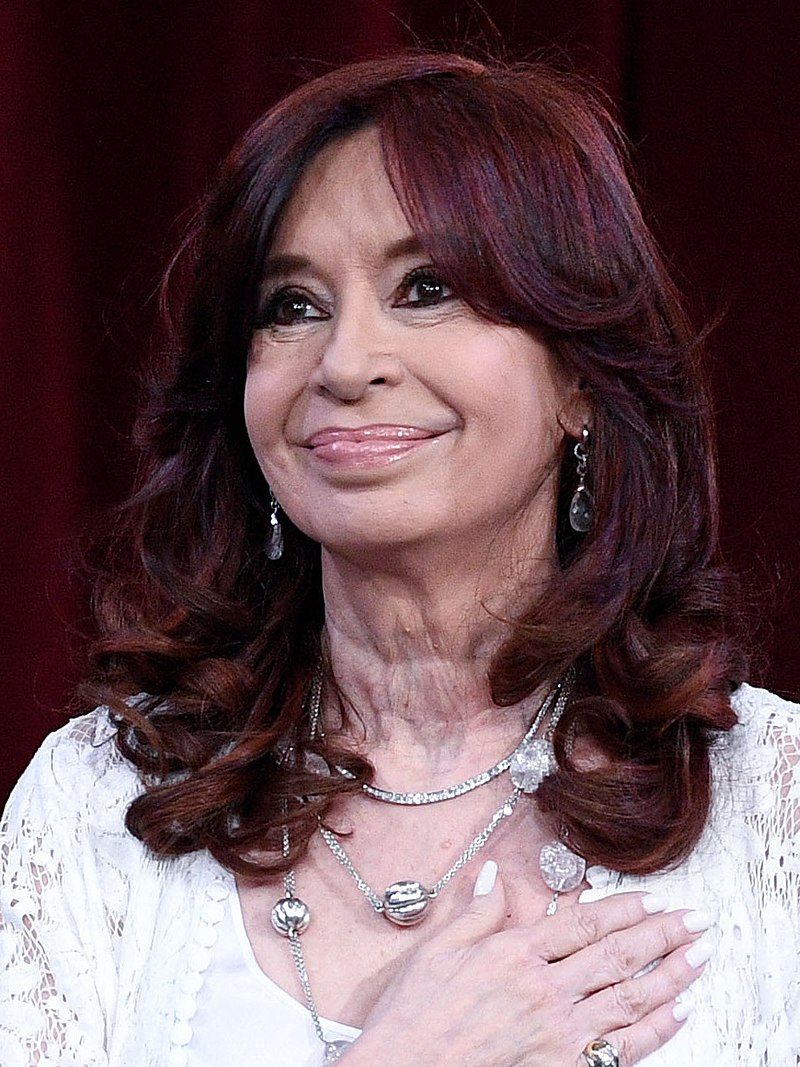Argentina's Political Shake-up: Kirchner's Ban Shifts Power Dynamics
Argentina's Supreme Court has banned former president Cristina Fernandez de Kirchner from government, upholding a six-year jail sentence for graft. This decision impacts the opposition Peronist party and may strengthen President Javier Milei. While her ban poses challenges, it could also lead to the Peronist movement's renewal.

Argentina's Supreme Court has taken a decisive step by banning former president Cristina Fernandez de Kirchner from participation in the government. This move comes with the court's decision to uphold a six-year prison sentence against Kirchner for graft, effectively sidelining one of the nation's most prominent political figures.
The immediate impact of this ruling may be advantageous for libertarian President Javier Milei, potentially consolidating his political influence in the imminent October midterm elections. However, in the long term, this could serve as a catalyst for rejuvenating the Peronist movement, historically Argentina's dominant political force, which has been experiencing waning influence since Milei's rise in 2023.
Despite her legal battles and inability to run in upcoming elections, Kirchner's continued strong public support and potential for house arrest could enable her to maintain political clout. Nonetheless, the Peronist party faces internal divisions, with figures like Buenos Aires governor Axel Kicillof poised to emerge as new leaders, potentially redefining the movement's future.
(With inputs from agencies.)
ALSO READ
Telangana Congress Revamps Leadership for Local Elections Push
Gujarat Panchayat Polls: New Era in Local Elections
Telangana High Court Orders Swift Gram Panchayat Elections
Prashant Kishor Criticizes Nitish Kumar's Leadership Ahead of Bihar Elections
Prashant Kishor Critiques Modi's Bihar Promises Ahead of Elections










